Apple Ordered to Pay Optis Wireless $300 Million in Second LTE Patent Trial
Apple must pay $300 million in damages to Optis Wireless Technology for infringing a handful of patents related to 4G LTE technology, a Texas jury has ruled (via Reuters).
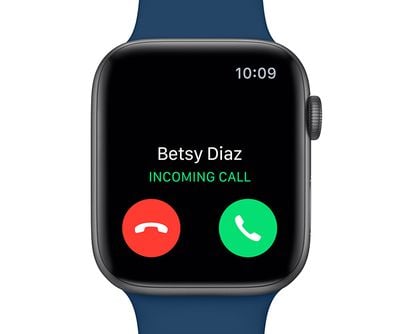
In August 2020, a jury found that Apple had infringed five Optis wireless patents and awarded $506 million in damages, but a Texas judge vacated that award in April and ordered a new trial to focus on damages only.
US District Judge Rodney Gilstrap said the first jury was unable to determine if the amount was awarded on the FRAND terms (a fair, reasonable, and non-discriminatory basis) usually required in standard essential patent cases.
PanOptis and its sister companies, Optis Wireless Technology, Optis Cellular Technology, Unwired Planet, and Unwired Planet International, are non-practicing entities that hold patents and generate revenue through patent litigation, otherwise known as patent trolls.
In a statement, Apple said: "Optis makes no products and its sole business is to sue companies using patents they accumulate. We will continue to defend against their attempts to extract unreasonable payments for patents they acquire."
Popular Stories
2024 is just a few days away, and there are many iOS 17 and iOS 18 features that are expected to launch throughout the year. Below, we have recapped new iOS features expected in 2024, including Stolen Device Protection, collaborative Apple Music playlists, AirPlay on hotel room TVs, app sideloading in the EU, next-generation CarPlay, roadside assistance via satellite outside of the U.S., RCS ...
Apple released the first beta of iOS 17.3 earlier this month, and the upcoming software update includes two new features so far. iOS 17.3 will likely be released in January like iOS 16.3 and iOS 15.3 were, but February is also a possibility if testing is prolonged. Below, we provide additional details about the new features in iOS 17.3 so far. Stolen Device Protection Earlier this...
Apple's iPhone development roadmap runs several years into the future and the company is continually working with suppliers on several successive iPhone models concurrently, which is why we sometimes get rumored feature leaks so far ahead of launch. The iPhone 17 series is no different, and already we have some idea of what to expect from Apple's 2025 smartphone lineup. If you plan to skip...
Inverse's Raymond Wong today published an in-depth overview of Apple's increasing push towards high-end gaming on the Mac. The story includes commentary from Apple marketing managers Gordon Keppel and Leland Martin. One of the biggest reasons that gaming has improved on the Mac in recent years is the switch from Intel processors to Apple silicon, resulting in MacBooks providing...
Apple Watch Series 9 and the Apple Watch Ultra 2 are back in some of Apple's retail stores in the United States today, according to Bloomberg's Mark Gurman. Select stores will have availability today, while all stores will have the Apple Watch models back in stock by December 30. Online sales of the devices are set to resume tomorrow by 12:00 p.m. Pacific Time. Apple is able to begin selling ...
Apple's iPhones include several headline camera features that are worth using, such as Portrait Mode and Photographic Styles. But if all you want to use is the standard photo mode, there are still several tools and settings that can improve the composition of your pictures and help you capture the perfect shot using more traditional techniques. Whether you are the owner of a new iPhone or a...
The ban on imports of Apple Watch Series 9 and Apple Watch Ultra 2 models has today been temporarily paused, meaning that the devices can now go back on sale for a short while longer in the United States. Apple filed an emergency request to the United States Court of Appeals following President Biden's decision to decline a veto on the sales ban, allowing it to take effect earlier this week. ...



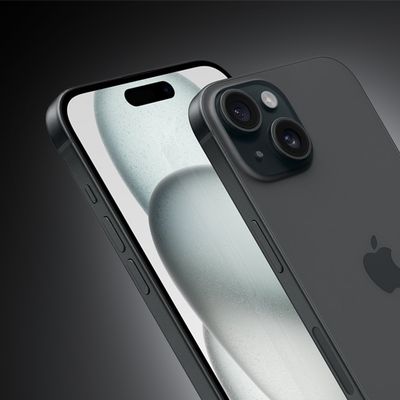
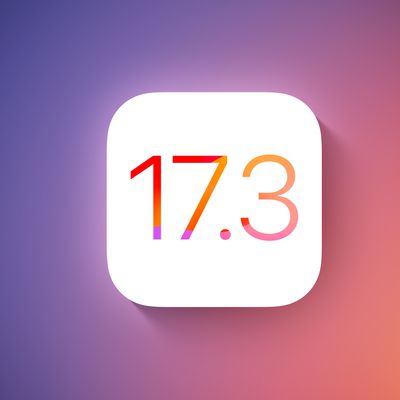
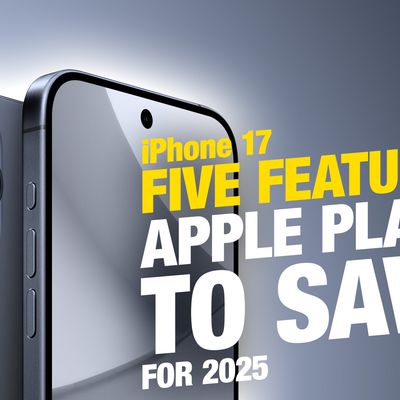


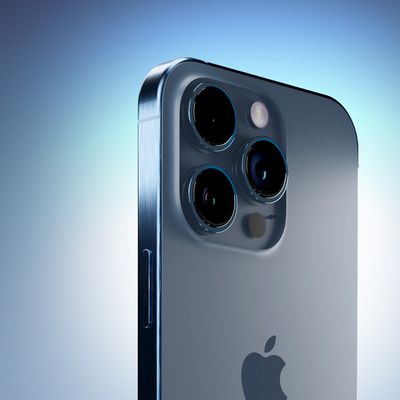










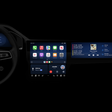
Top Rated Comments
But, you can think of it this way (leaving non-practicing entities out of it): I have a brilliant idea for a widget. I develop the idea to the point that I know how to build the widget and patent it. The widget, however, requires a bunch of manufacturing, marketing, and distribution infrastructure to actually make money off of, which I don't have, so I offer the widget idea up for licensing if anybody else wants to use it to make money.
Company A says "Sure! Here's $100 million for a non-exclusive license to manufacture the widget you developed."
Company B says "Screw you, we're just going to build the widget anyway and not pay you."
In that scenario, it's pretty clear how you were being "damaged" by Company B, although you don't actually make anything yourself. In that scenario, Company A is also getting damaged, since their version of the same widget is going to cost more since they paid the license for it and Company B is flouting the patent and using it for free.
By extension, then, if Company A doesn't exist and Company B does and does the same thing, you have a situation where a company decided to "steal" your idea instead of paying, even though you weren't making anything with it, so there's a pretty clear argument to be made that you've been damaged.
By extension, if Company C says "Well, we don't have any manufacturing ability ourselves, but we're good at licensing to manufacturers, so we'll pay you $150 million for the patent because we think we can get other companies to pay more than that later," then it's totally legit for you to sell your widget plan to them for $50 million, and totally legit for them to expect to be able to license it to Company A and B for $100 million each. If Company A pays and Company B doesn't, you're out $50 million on your speculative venture despite both companies selling the widget that you paid a boatload of money for the rights to.
Since this is (I think?) a FRAND patent ('https://en.wikipedia.org/wiki/Reasonable_and_non-discriminatory_licensing'), it's part of a standard so companies are expected to be offered a fair and non-discriminatory licensing fee to use it, but if they don't pay when everybody else did, then they're getting an unfair advantage. In this case something to do with the implementation of LTE, which in theory other companies using the same technology are paying. Being patent trolls, who knows--it's totally possible that they only sue the big targets in Payday District, Texas, and completely ignore everybody else.
You could also use the analogy for copyright. If I write a book and nobody wants to publish it, I have no actual operations and $0 in sales, I just have a manuscript. But if one of the publishers turns around and publishes it without paying me, then I've been plenty harmed. This one actually does happen.